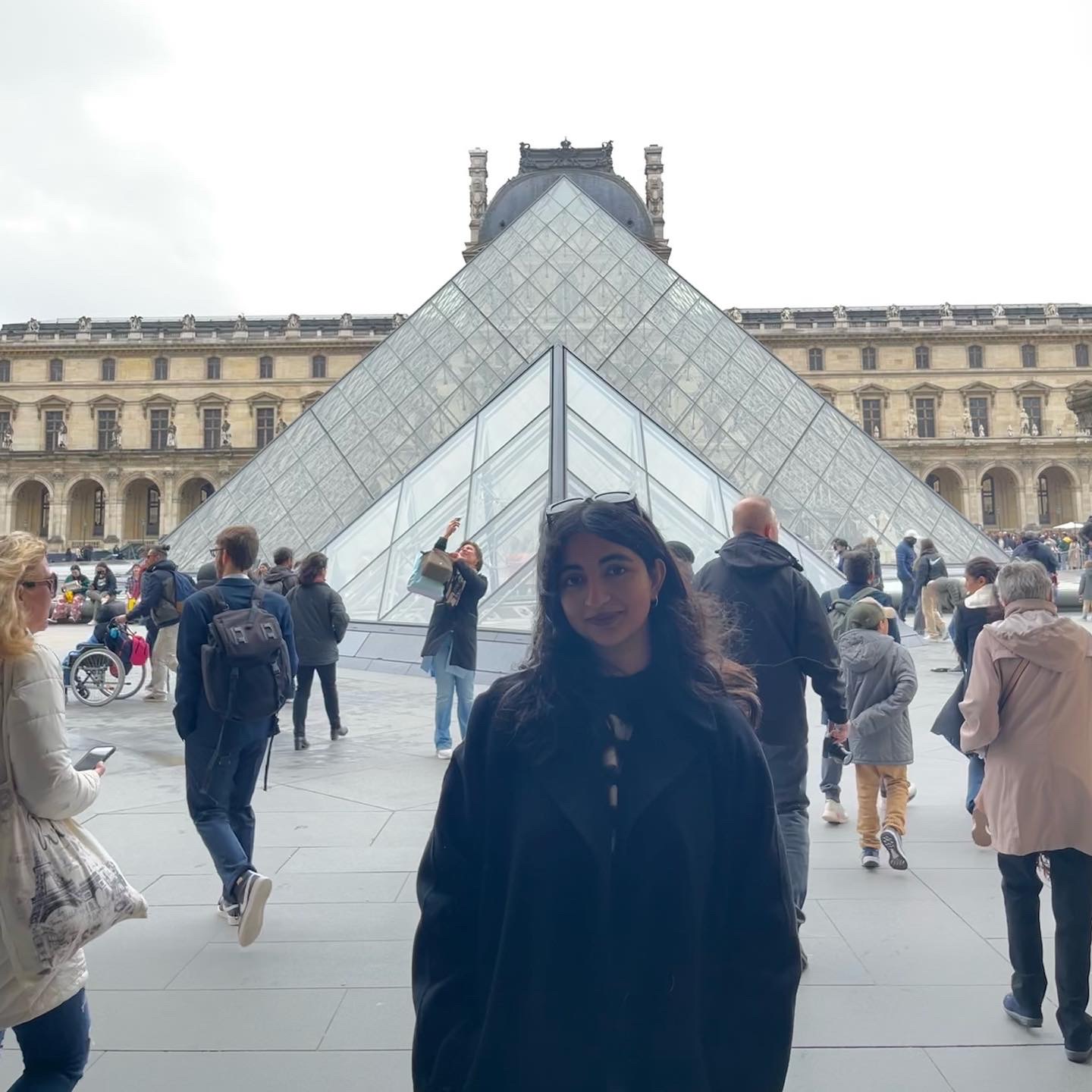Everything I Wish I Knew In My First Year About Placements
 Shehzmani Shams
Shehzmani Shams
When I first attended my orientation at university, I heard someone talk about placements and I thought to myself, “Graduating with a year’s worth of experience in my CV? I can see myself doing that”. So I decided to change my degree and sign up to do a placement after my second year. Looking back at myself in first year, I can’t help but laugh at how naive I was and how little I knew at the time, but the experiences I went through also help me in crafting the following tips, that I believe, if followed, can lend to a successful placement.
- Join a drop in session or schedule a one-to-one session with the Global Placements Team as soon as you can. Even though you have to find placements in second year, it is pivotal that you start gaining experience to add to your CV in your first year. Try charting out a plan of how you want to navigate the next two years at university before you start applying for placements. (Hint: You can actually get so much experience within King’s itself, I took part in KURF during my first year summer).
- Create a LinkedIn: Networking is vital. Talk to people working in companies and recruiters. This is the best way to figure out not only what industry you want to go in but what kind of role you want to take up (there are surprisingly more variants of a software engineer than I can count on my hand, and all vastly different).
- Start crafting a CV and cover letter: Don’t leave this task to the last minute. I have always considered constructing a CV and cover letter a science and you have to go through a few iterations to get a “good” CV. Luckily, the Global Placements team has CV checking appointments as well and I can speak from personal experience when I say they are extremely helpful!
- Talk to your professors: There’s a big chance some of them might be doing research that they’ll allow you to take part in or shadow. This can be a great addition to your CV
There are many tips and tricks that one can pen down for how to get a successful placement, but as someone who has now successfully completed a placement, it’s also important to highlight why a placement is extremely helpful.
- If you do well in your placement year and receive a graduate offer, you can return to university in your third year without having to worry about securing a position for after graduation. As someone who has gone through her third year at university, I cannot stress enough how much having a graduate offer put me at ease during a stressful time and allowed me to focus purely on my studies.
- You get to earn money. Being able to do a placement for a year where you’re gaining experience but also receiving financial compensation is a great ease on any potential fiscal responsibilities!
- Graduating with a year’s worth of experience: If you don’t receive a graduate offer or decide that you don’t want to eventually work in the company you did your placement in, you still have a year’s worth of experience in your CV, working full time in an established company. This is a great way to distinguish yourself from other candidates especially as an undergraduate student.
All in all, I cannot recommend applying for a placement enough. I was able to successfully complete my placement in 2023 and looking back at it now, it was an extremely pivotal time in my life, especially as a student.